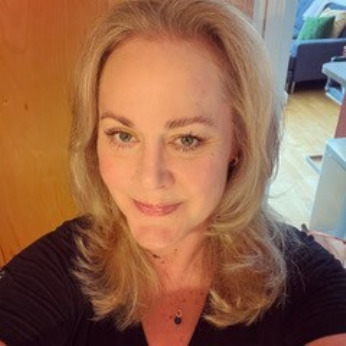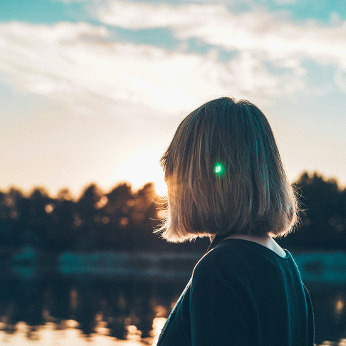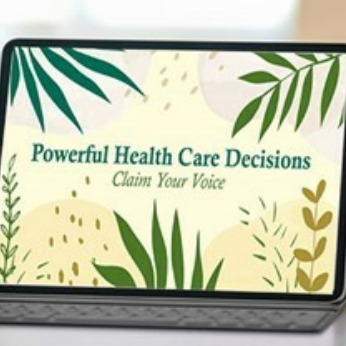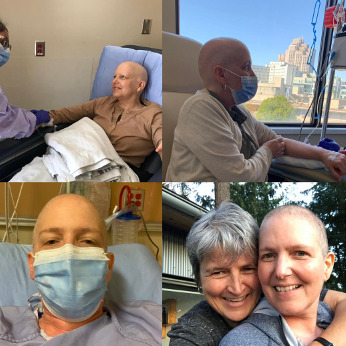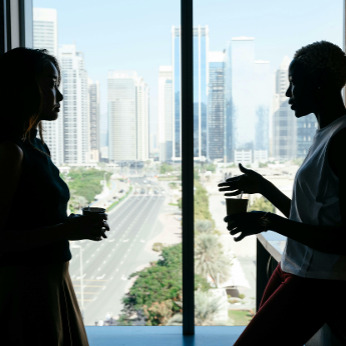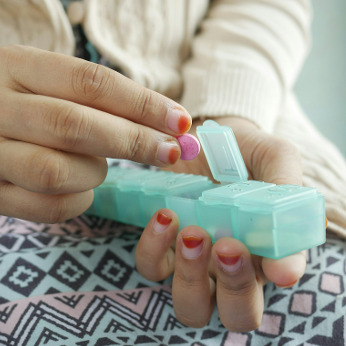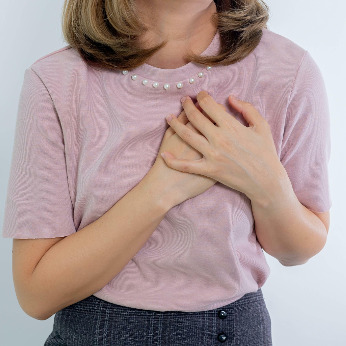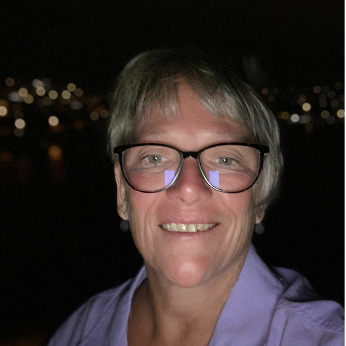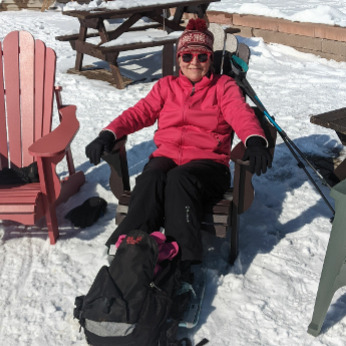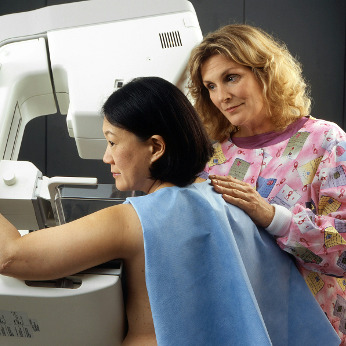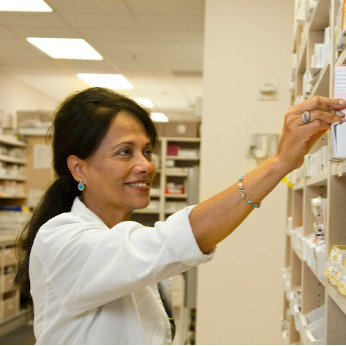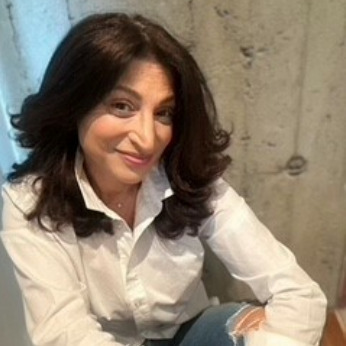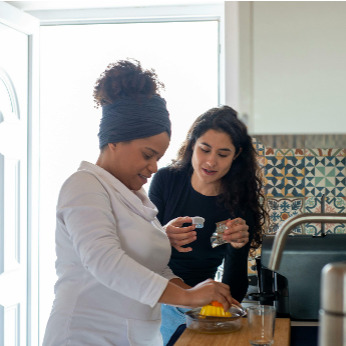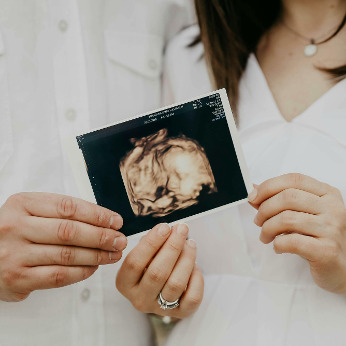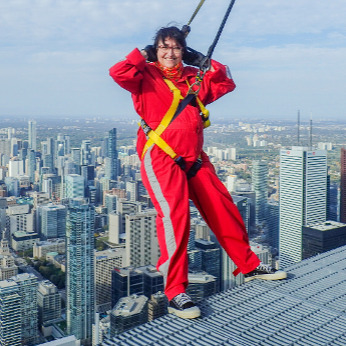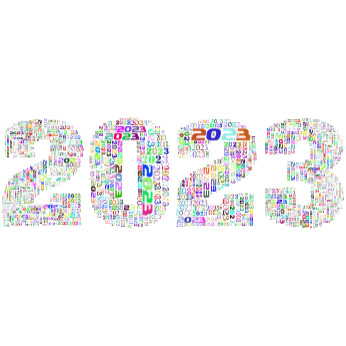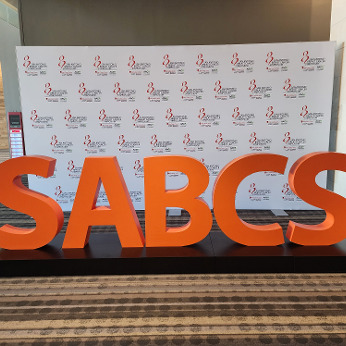By continuing to use our site, you consent to the processing of cookies, user data (location information, type and version of the OS, the type and version of the browser, the type of device and the resolution of its screen, the source of where the user came from, from which site or for what advertisement, language OS and Browser, which pages are opened and to which buttons the user presses, ip-address) for the purpose of site functioning, retargeting and statistical surveys and reviews. If you do not want your data to be processed, please leave the site.
The Voice of People With Breast Cancer
Education
Our Voices Blog
Tag : breast cancer
Can You Do the Tamoxifen Time?
I’m a Tamoxifen fail. I quit taking the drug just shy of my five-year prescription’s halfway mark. The estrogen-blocking pill fried my short-term memory within the first 14 days and then, tormented me daily with its version of Jay-Z’s “99 Problems.” And lucky me. I experienced every single one of them.
Tears and Laughter – My MBC Story part 2
I don’t need to tell you what was happening between 2019 and 2023. By May of 2022, I’d received four COVID-19 vaccinations and felt confident to attend a musical production with my niece. We were front row centre and seemed to be the only patrons with masks, soon discarded I must confess. When I found myself coughing a few days later I assumed it was COVID that I’d picked up in the theatre and left it to my presumed immunity to deal with.
Making Powerful Healthcare Decisions - Claim Your Voice
Having a solid strategy for gathering trusted and dependable information is critical for making informed treatment decisions when it comes to your health. It is also important to be able to communicate assertively with healthcare practitioners as an equal partner in shared decision-making.
My Genomics Journey as a Breast Cancer Patient
Today, I want to dive into the role genomics has played in my journey. As an MD specialized in genomics, this journey has been an eye-opener regarding the clinical implementation of genomics and the accessibility of genomic profiling for real patients in British Columbia, Canada, and beyond. There have been good surprises and also situations where I've directly faced barriers and limitations surrounding the clinical use and implementation of genomics.
How and When to Drop the Big-C News
I don’t know what it was like for you but for me, saying “I have breast cancer” out loud felt fake, like I was lying. Every time the words came out of my mouth I wanted to hide. Rationally, I knew my diagnosis was real, but the horrible emotions that preceded and followed each proclamation filled me with shame. And the voice inside my head was relentless. It just kept goading me on.
From Past to Present: Honoring Clinical Trials Day and Advancing Breast Cancer Care
Since 2014, May 20th has been promoted as Clinical Trials Day by the Association of Clinical Research Professionals. It is a moment to recognize the pivotal role clinical trials play in advancing research and treatment for many diseases, including breast cancer. This day was chosen to honour Scottish surgeon James Lind, who, in May 1747, conducted what is generally acknowledged as the first clinical trial.
Tears and Laughter – My MBC Story, Part 1
I was unprepared for the results received on a brilliant April afternoon. Looking back, I may have wondered at being the last patient in the waiting room, or the offer of a cup of tea as I was shown a seat. The lump was an invasive ductal carcinoma – I had breast cancer.
Navigating persistent pain after breast cancer surgery: Challenges and solutions
Advances in the screening and management of breast cancer have resulted in substantial improvements for those diagnosed with the disease. Patients are living much longer after a breast cancer diagnosis, which is a major accomplishment of modern medicine. However, since patients are living longer, the complications associated with treatment (such as surgery, radiation, and chemotherapy) are becoming increasingly apparent. One such complication is the development of persistent pain in the area of breast cancer resection.
The Must-Know Info About Early-Stage Breast Cancer
As I tried to process my diagnosis and what it meant for me, along with the future I’d envisioned for myself, I went into research mode. It’s my comfort zone. I’m curious by nature and profession (being a writer and all), and having information, knowing everything that I need to know, makes me feel in control. So, I dug deep, Googled like a crazed person, and asked my doctors hundreds of questions while I tried as best as I could to prepare myself for the unknown that was to come. Here’s what I learned about being diagnosed with early-stage breast cancer.
Double Mastectomy: Ups, and Downs, and Everything in Between
I hadn't been feeling well in December of 2021. My family physician was not taking me seriously, so my husband intervened. He insisted on a full work up with all of the necessary tests. I don't know where I would be if my husband had not stepped in when he did. Tests were ordered and a mammogram was scheduled but not until March of 2022.
Dense Breast Tissue and Lobular Cancer - Doubly Hard to Diagnose
I had mild tingling breast pain for about five years. I am not a "run to the doctor" kind of person as I never wanted to be a burden on the health care system. I have always been sporty and active and was motivated to maintain my outdoorsy lifestyle. Even my GP congratulated me on doing all the right things. The pain was getting worse; however, my doctor assured me that both a mammogram and an ultrasound confirmed I did not have cancer. I was speechless because I knew something was wrong.
Breast Cancer Screening: How the Provinces Stack Up
As Ontario plans to change the minimum age for screening in the fall to 40 from 50, we decided to break down the current breast screening criteria required by each province, as well as the planned changes.
Younger Women and Breast Cancer Care Equity
The spending justifications for girl math are funny. But they just aren’t real. And oddly, this type of rationalization reminds me of how many doctors dismiss younger women when they believe that they have breast cancer. I know this because it happened to me. This is how I see girl math being applied to breast cancer.
Canada’s got pharmacare! Now what?
When the topic of national pharmacare made a resurgence in 2018, the Canadian Breast Cancer Network (CBCN) continued advocacy for an equitable and comprehensive approach to national prescription drug coverage. We have advocated that a national plan should provide Canadians with better access to life-saving medications than they currently have and improve equity of access nationally, so the newly announced legislation for a universal, single-payer, phased approach is a welcomed first step.
Facing fear, choosing courage, and supporting others
I grew up as the daughter of a mother who battled lymphoma for 10 grueling years, only to be taken away by leukemia in the end. As a teenager, I accompanied her through this harrowing journey, unaware that I was accumulating PTSD along the way. Health and wellness became my fixation, a supposed guarantee against cancer. But this obsession was rooted in fear – fear so profound that I avoided having children, terrified of subjecting them to the horrors I witnessed with my mother's treatments.
TNBC: Who’s at Risk?
Treatment can be difficult for this type of breast cancer. Without receptors, triple negative tumors do not have the proteins they need to respond to common breast cancer treatments like hormone and targeted therapy, which are used for hormone-positive or HER2-positive breast cancer. Research shows that some people have a greater chance of developing triple-negative breast cancer (TNBC) if they are subject to certain risk factors.
Oncofertilty: What it means and more importantly, what are your options
“Are you going to freeze your eggs?” I was asked this question multiple times when I was first diagnosed with breast cancer. Yes, I still had my monthly period and no, I wasn’t in menopause. But I was 47 years old, so the query felt out of place. When I’d remind the doctors of my age they’d sigh and say, “Oh, right. You look younger. So do you think it’s something you’ll want to do?” Umm, no. A hard no. Divorced, single and edging towards 50, starting a family by myself was not something I wanted.
Navigating Life's Tough Challenges: Building Resilience in the Face of Adversity
When I received the news that I had breast cancer, my world seemed to crumble before my eyes. Overwhelmed, vulnerable, and defenseless, I faced a daunting journey ahead. As a seasoned business owner, I had encountered my fair share of adversity, but nothing could prepare me for this level of fear. For the first time, I found myself fearing the unknown, dreading the loss of everything: my health, my quality of life, my business, and all my assets. How could I possibly endure this?
2023: Our Year in Review
2023 was a year of many changes, and CBCN’s work reflects that. In this post, we look back on some of the many activities and projects that we participated in, developed, or updated. With each development, CBCN is committed to ensuring that breast cancer patients and survivors are the driving force of the organization and that their views and concerns inform our priorities.
Latest Research from SABCS 2023 – Metastatic
There was an abundance of promising new research that came out of the 2023 San Antonio Breast Cancer Symposium. Here are some highlights for metastatic breast cancer. Be sure to check out our early-stage highlights.

